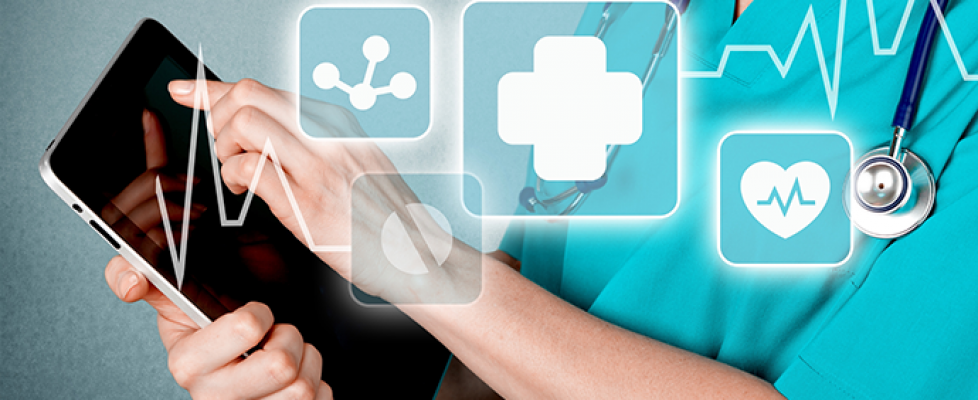CMS Tweaks CPT Code for Remote Monitoring, Giving mHealth a Boost
The Centers for Medicare & Medicaid Services has adjusted a new CPT code for remote patient monitoring, giving providers more leeway in using mHealth for chronic care management and coordination.
April 04, 2019 – The Centers for Medicare & Medicaid Services has tweaked its new CPS code for remote patient monitoring, giving healthcare providers a little more leeway in using mHealth for care management and coordination.
In a technical correction issued on March 14, CMS announced that CPT code 99457, which covers “remote physiologic monitoring treatment management services,” can now be conducted by auxiliary personnel “incident to” the billing practitioner’s professional services. Such services are “furnished incident to physician professional services in the physician’s office (whether located in a separate office suite or within an institution) or in a patient’s home,” and are directly supervised by the physician.
The change, which went into effect immediately, opens the door to Medicare reimbursement for mHealth services delivered to the patient at home by a care team, and is particularly helpful to providers engaged in chronic care management (CCM).
“This announcement opens many doors for the growth of remote monitoring programs,” mHealth company Validic wrote in a March 15 blog. “This clarification makes it clear that CMS supports a shift to value-based care, in which providers are able to provide more meaningful care while operating more efficiently. By billing CPT code 99457 ‘incident to,’ nurses or licensed care managers can use remote monitoring services to triage patients, allowing them to focus on patients who need intervention or active care the most, and allowing patients who are successfully self-managing to continue to do so. In addition, it relieves physicians of the ownership of all facets of remote monitoring, and instead enables them to operate at the top of their license.”
“Most care programs today are set up to enable care managers, rather than physicians, to review these data,” the blog continued. “This is often the preferred structure of an RPM program to ensure a physician can operate at the top of his or her license. With clarification that the services can be billed ‘incident to,’ these programs can be scaled across care teams – and can incentivize broader deployments across systems.”
The CPT code is one of three introduced this year by CMS in an effort to expand reimbursement opportunities for providers using mHealth and telehealth, and it marks the first time the agency has signaled support for RPM services.
The technical correction, CMS officials say, comes in response to comments received following publication of the new codes.
“When the final rule for the 2019 Physician Fee Schedule was published in November 2018, CMS stated that CPT code 99457 describes professional time and ‘therefore cannot be furnished by auxiliary personnel incident to a practitioner’s professional services,’” Nathaniel Lacktman, a partner and healthcare lawyer with Foley & Lardner who chairs the firm’s Telemedicine Industry Team and co-chairs its Digital Health Work Group, wrote in a blog. “With this technical correction, CMS deleted that sentence, instead replacing it with: ‘We thank commenters and confirm that these services may be furnished by auxiliary personnel incident to a practitioner’s professional service.’ This is a welcome revision long-awaited by telehealth providers.”
But the correction isn’t without complications, Lacktman says.
The code, as amended, required direct supervision, rather than general supervision. Under direct supervision, the physician must be in the same building at the time the service is delivered, while under general supervision the physician could be somewhere else, even using a telemedicine platform to supervise auxiliary personnel.
“For CCM Services, CMS created a regulatory exception allowing ‘incident to’ billing under general supervision,” Lacktman pointed out. “Unfortunately, the recent technical correction for RPM does not state that CPT code 99457 can be delivered under general supervision. Indeed, CMS has not revised the RPM regulations to allow an exception to the default requirement of direct supervision.”
“While the correction is good news for providers and patients, changing the RPM rules to expressly allow incident to billing of CPT code 99457 under general supervision will make a huge difference in operations and business models, thereby allowing more patients to enjoy the quality-improving benefits of remote patient monitoring,” he added.

